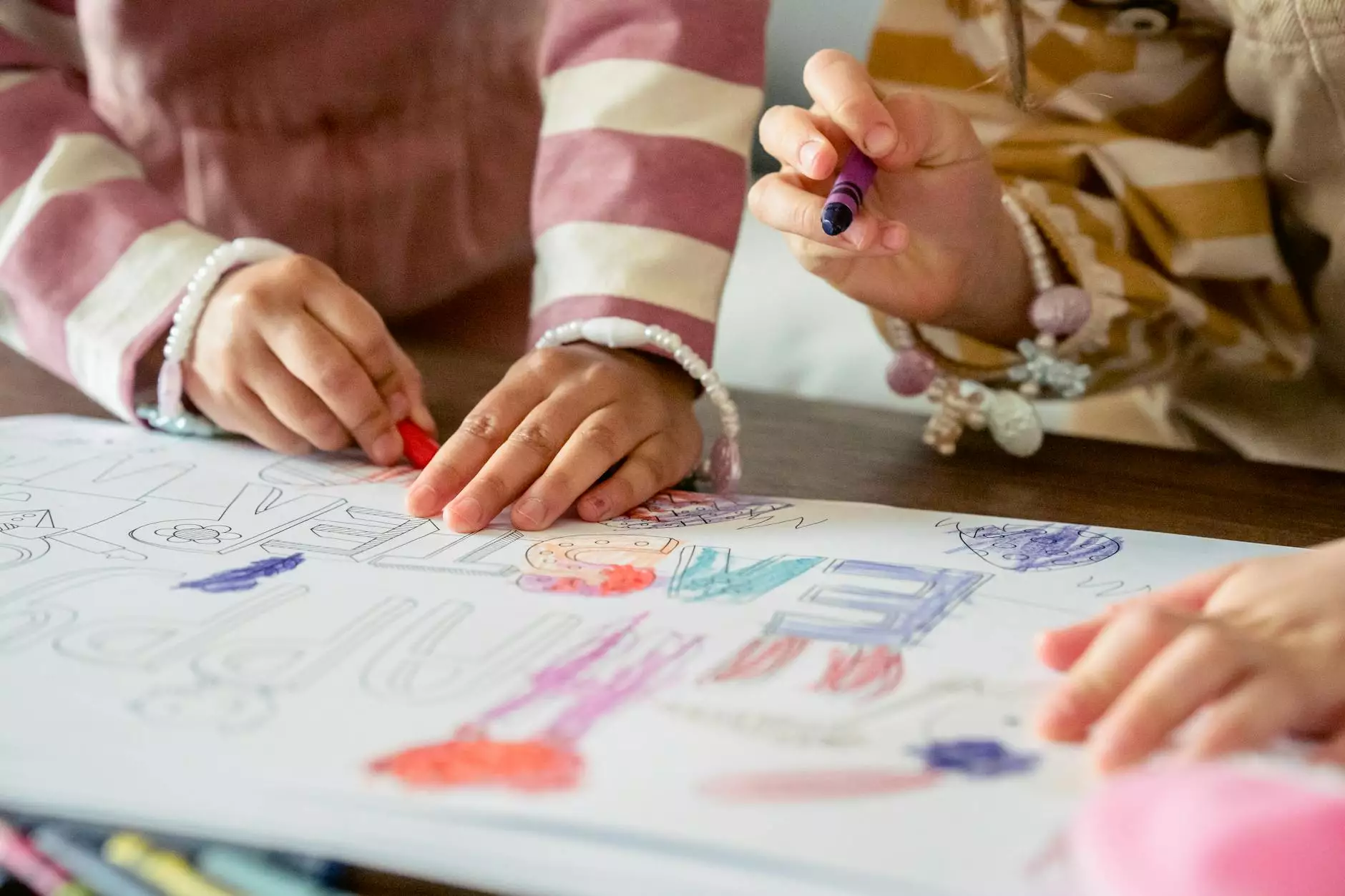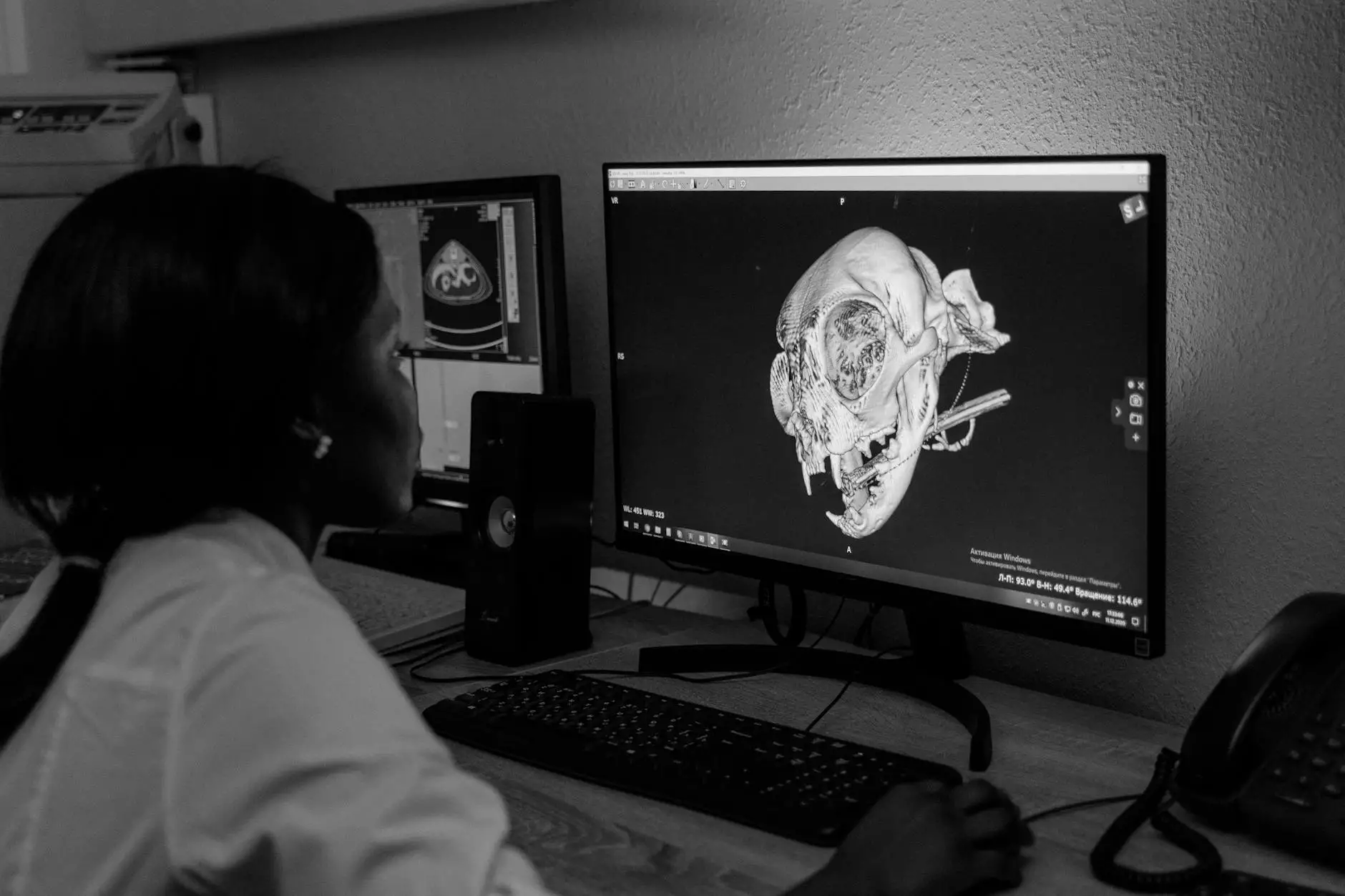Talking About Your Child's CP Diagnosis

Understanding Cerebral Palsy (CP)
If you've recently received the diagnosis of cerebral palsy (CP) for your child, it's important to have a comprehensive understanding of the condition. Cerebral palsy is a group of disorders that affect a person's ability to move and maintain posture. It is caused by damage to the brain during pregnancy, birth, or early childhood, and the effects can vary in severity.
As a parent, it is natural to have concerns and questions about your child's diagnosis. At Foley James D MD, we understand the challenges families face when dealing with cerebral palsy, and we are here to provide you with the information and support you need.
Talking to Your Child's Pediatrician
Communicating effectively with your child's pediatrician is crucial in understanding the diagnosis and developing a comprehensive treatment plan. Schedule an appointment with your child's doctor to discuss the diagnosis in detail. Prepare a list of questions beforehand to ensure all your concerns are addressed.
During the discussion, ask your pediatrician about the specific type of cerebral palsy your child has been diagnosed with, the potential causes, and the possible long-term effects. Understanding these aspects will help you make informed decisions and better support your child's development.
Educating Yourself About CP
Take the time to educate yourself about cerebral palsy. The more you know, the better equipped you will be to advocate for your child's needs. Online resources, such as reputable health websites and support forums, can provide valuable information and allow you to connect with other parents who are going through similar experiences.
While researching, be sure to gather information from credible sources. Trusted medical websites, academic journals, and professional organizations specializing in cerebral palsy are reliable sources of information.
Connecting with Support Groups
Seeking support from other parents and families who are navigating the challenges of cerebral palsy can be immensely helpful. Connecting with local support groups or online communities can provide a sense of belonging and a platform to share experiences and advice.
Support groups can also be a valuable source of emotional support and provide practical guidance on accessing resources, therapies, and treatments for your child. Utilize the power of community to gain insights and find encouragement as you embark on this journey with your child.
Exploring Treatment Options
There is a wide range of treatment options available for children with cerebral palsy. Each child's treatment plan is unique and should be tailored to their specific needs. Working closely with a team of healthcare professionals, including pediatricians, neurologists, physical therapists, and occupational therapists, will ensure that your child receives the best possible care.
Treatment approaches may include physical therapy to improve mobility and muscle strength, occupational therapy to develop daily living skills, and speech therapy to address communication challenges. In some cases, medication or surgery may be recommended to manage spasticity or correct orthopedic issues.
Maintaining a Positive Outlook
While dealing with a cerebral palsy diagnosis can be overwhelming, it's important to maintain a positive outlook. Focus on your child's abilities, celebrate their milestones, and provide them with the love and support they need.
Remember, every child with cerebral palsy has unique strengths, talents, and potential. By accessing appropriate resources, therapies, and educational opportunities, you can help your child thrive and lead a fulfilling life.
Conclusion
Receiving a cerebral palsy diagnosis for your child can be a challenging experience, but with the right support and information, you can confidently navigate this journey. At Foley James D MD, we are committed to providing expert guidance and support to families dealing with cerebral palsy.










